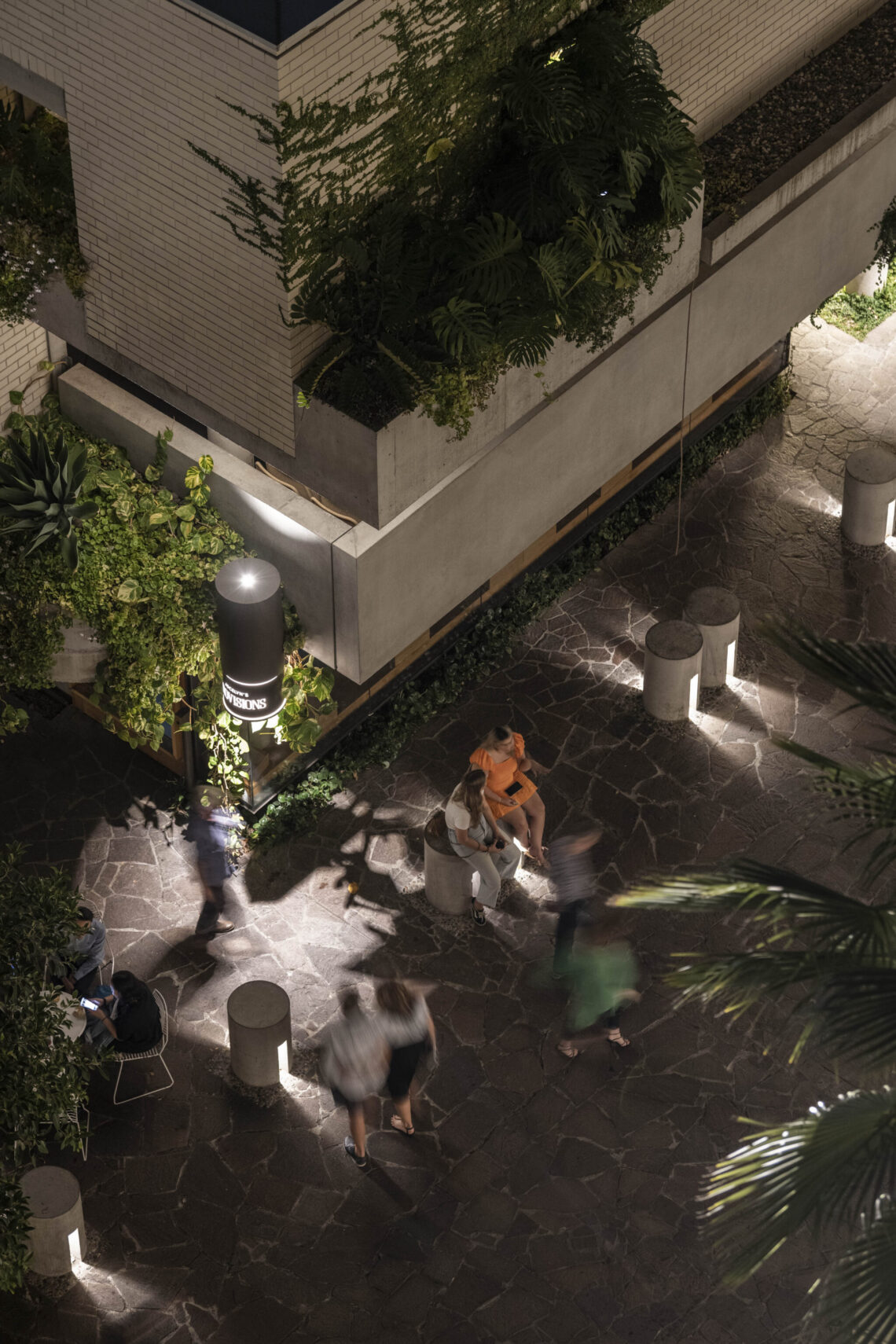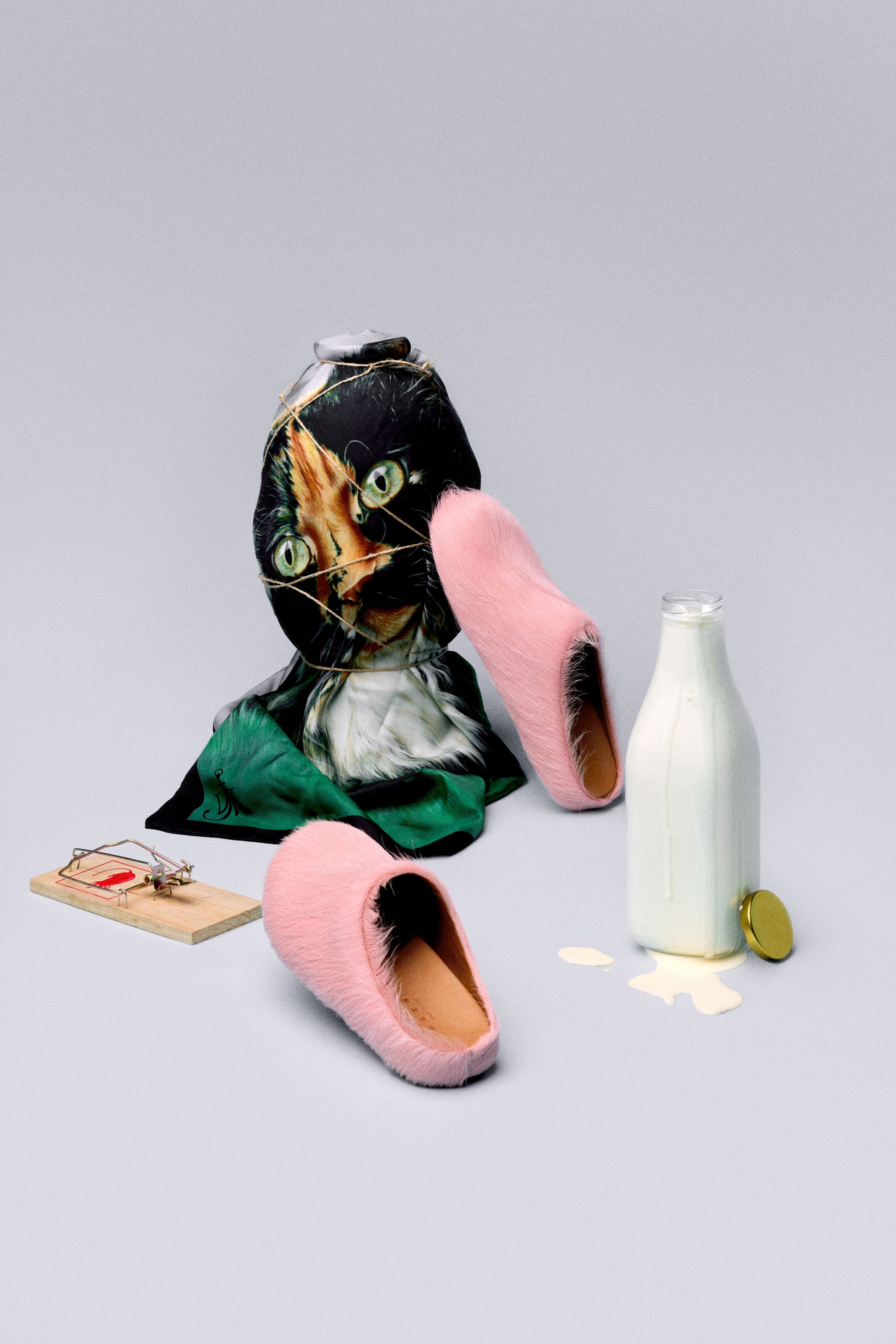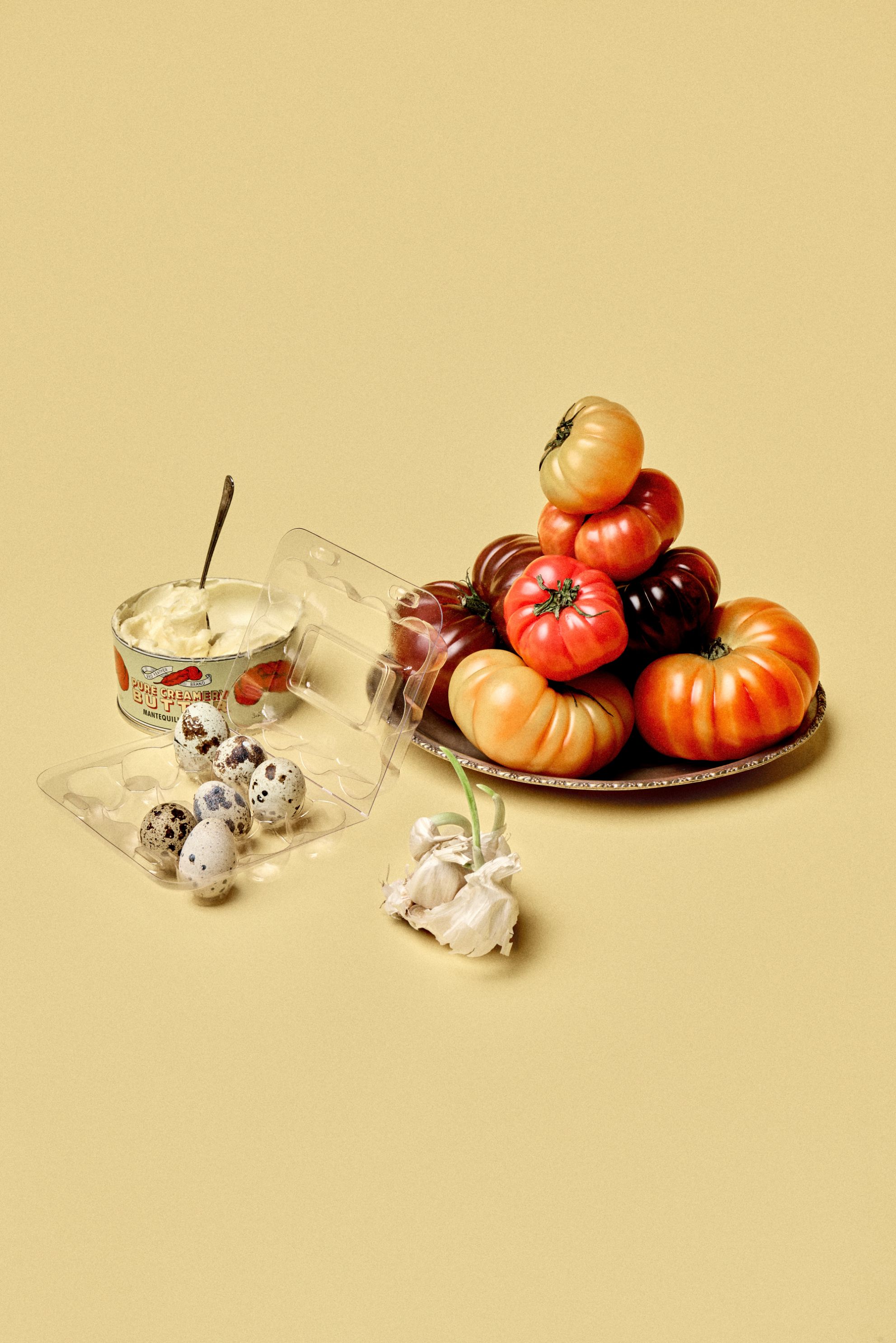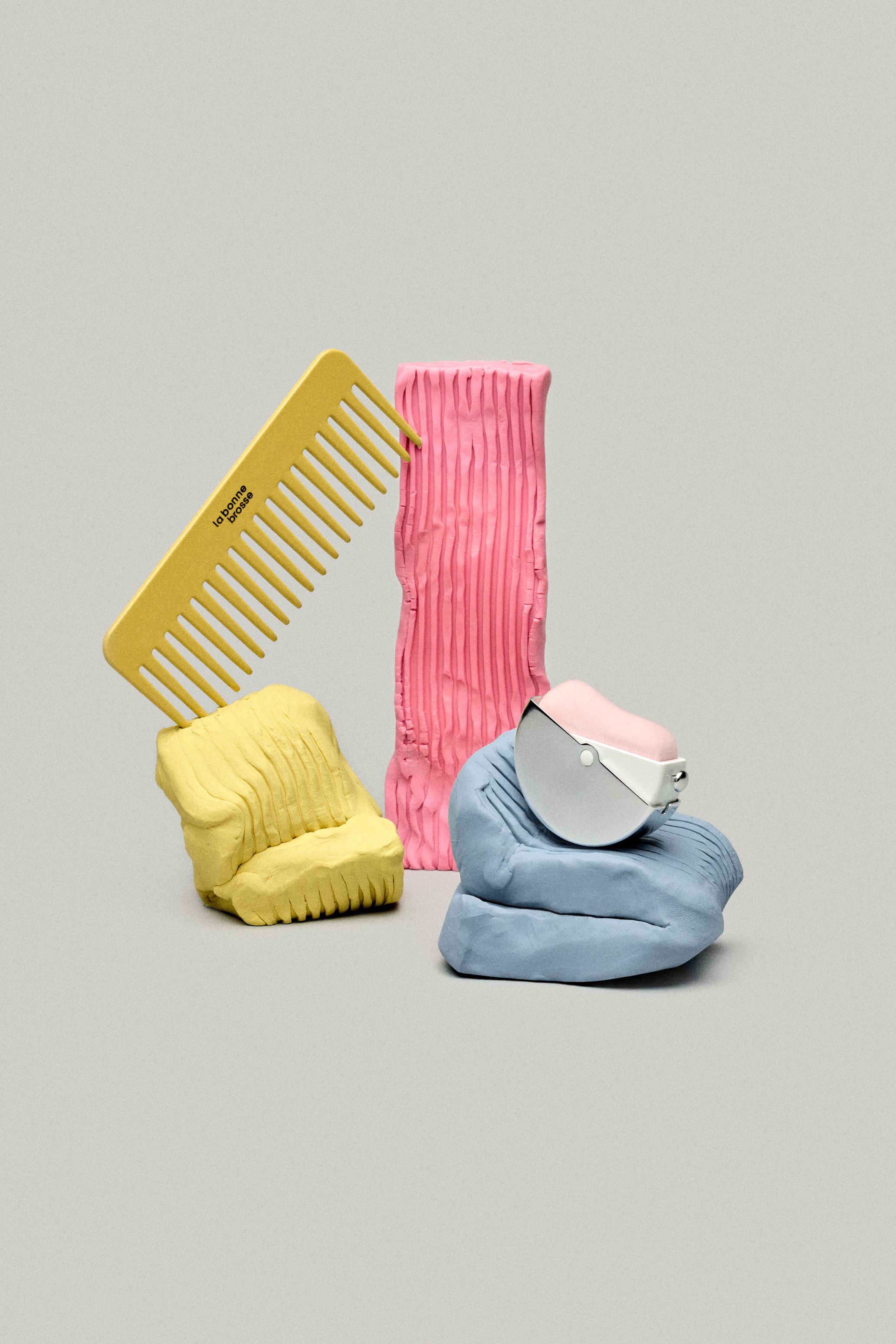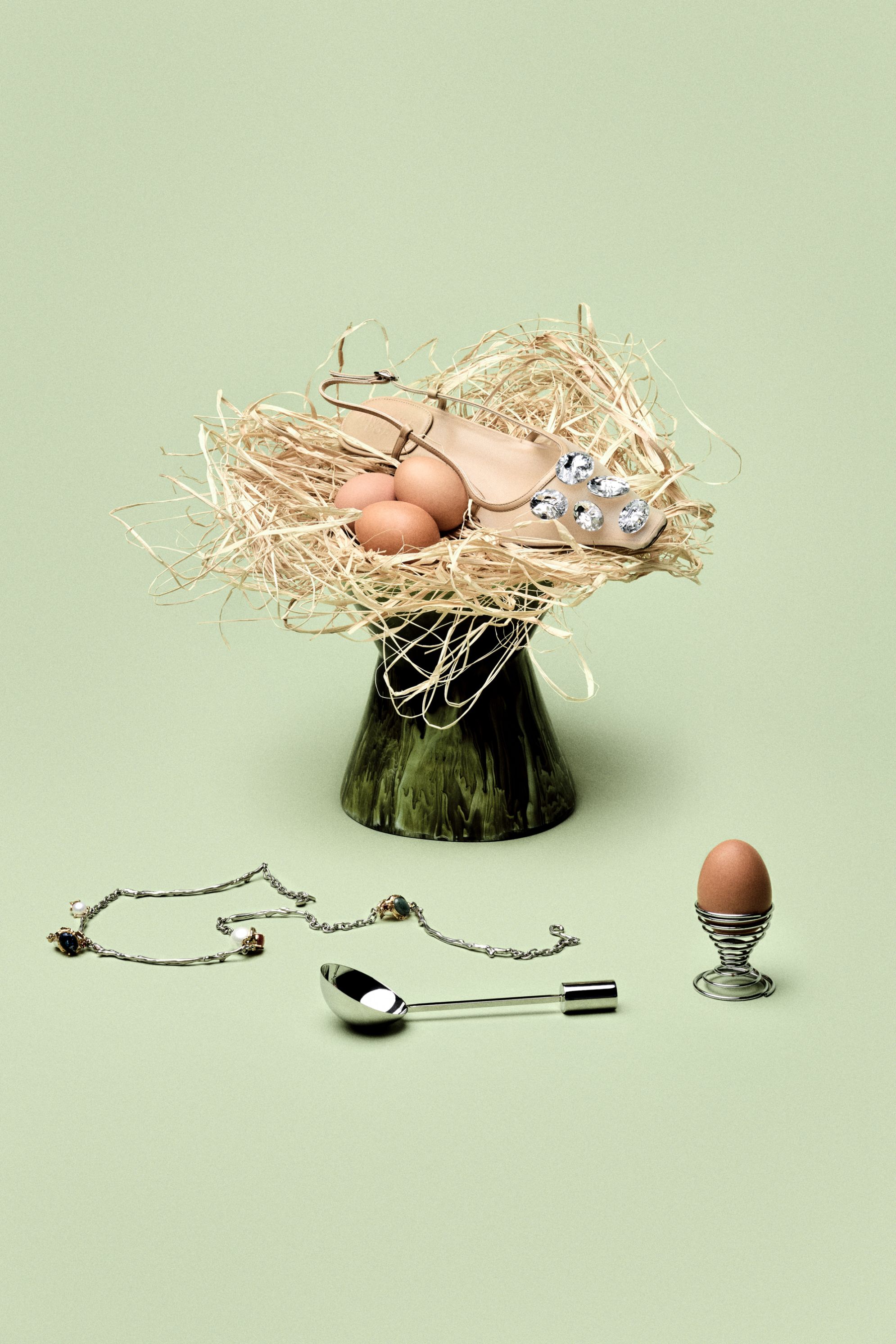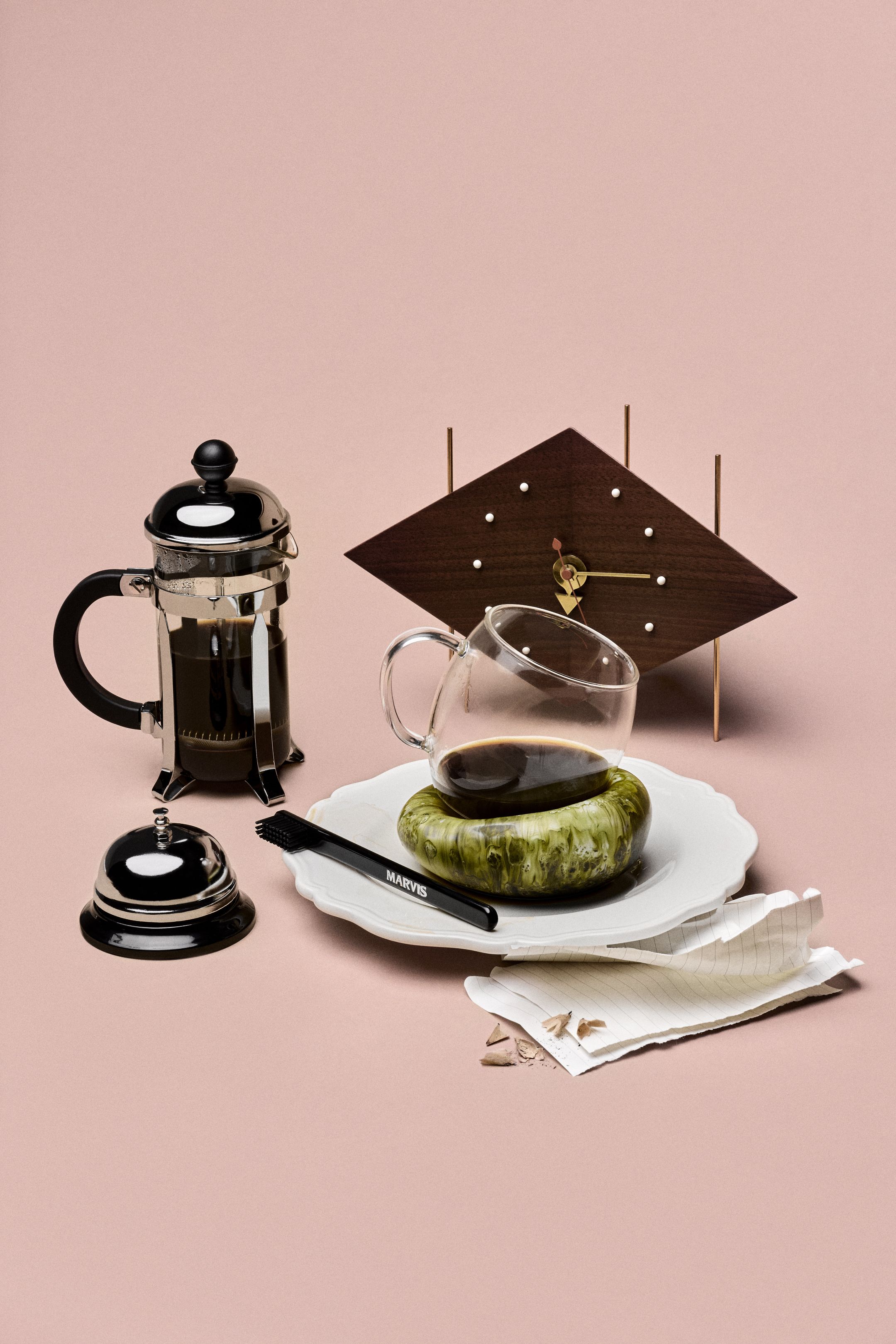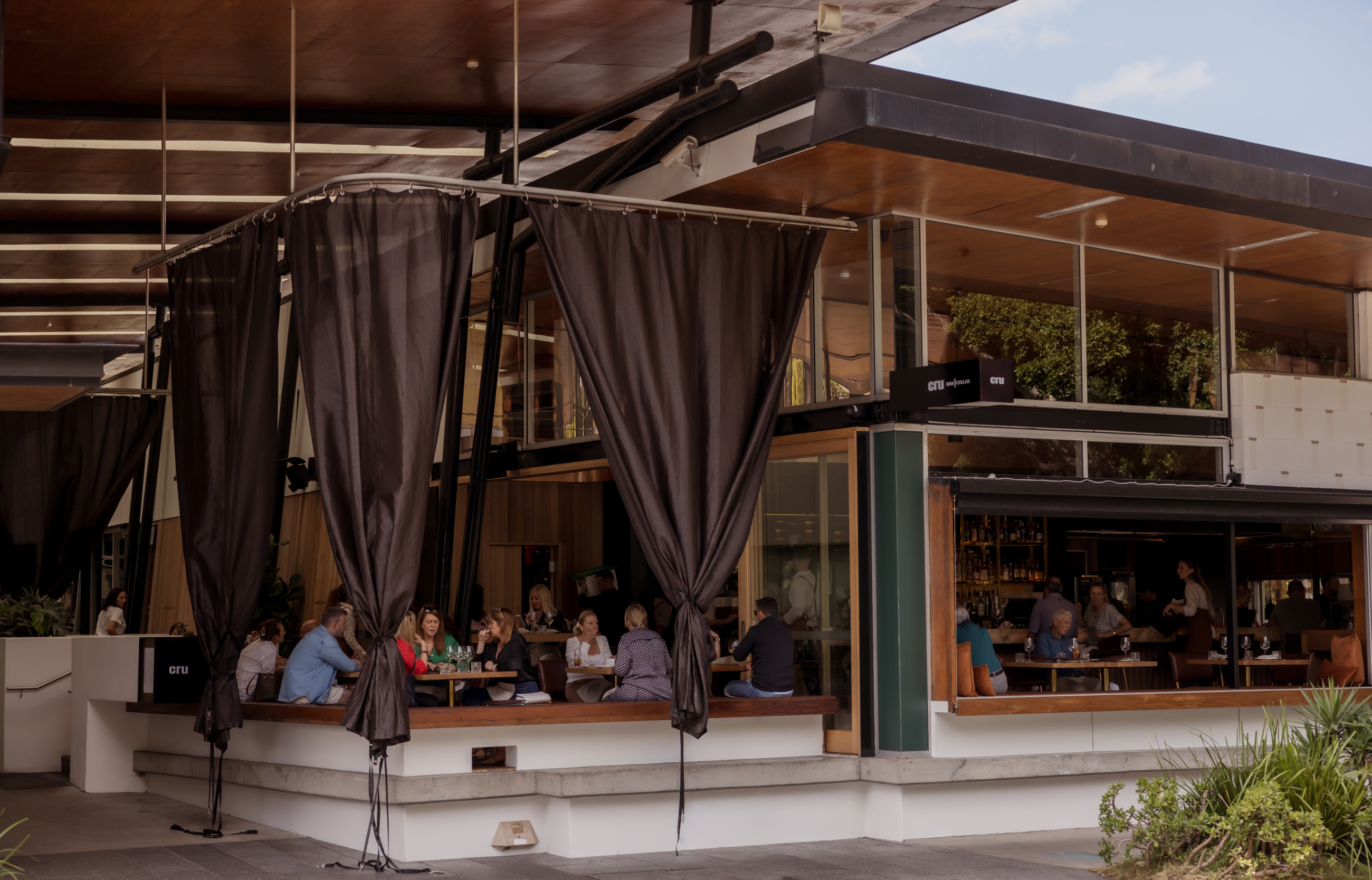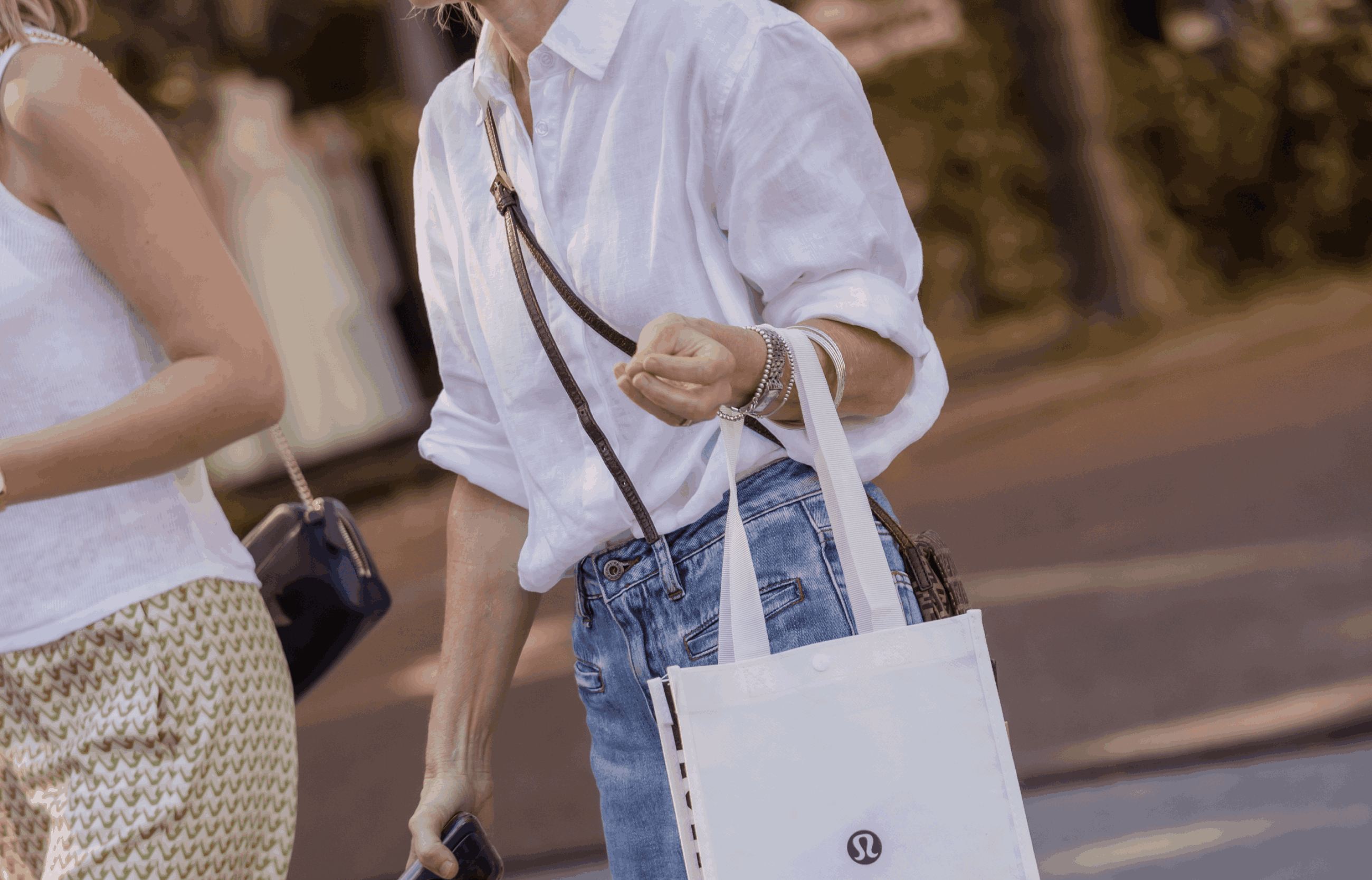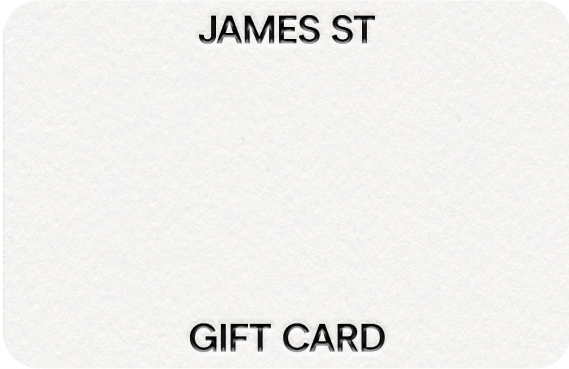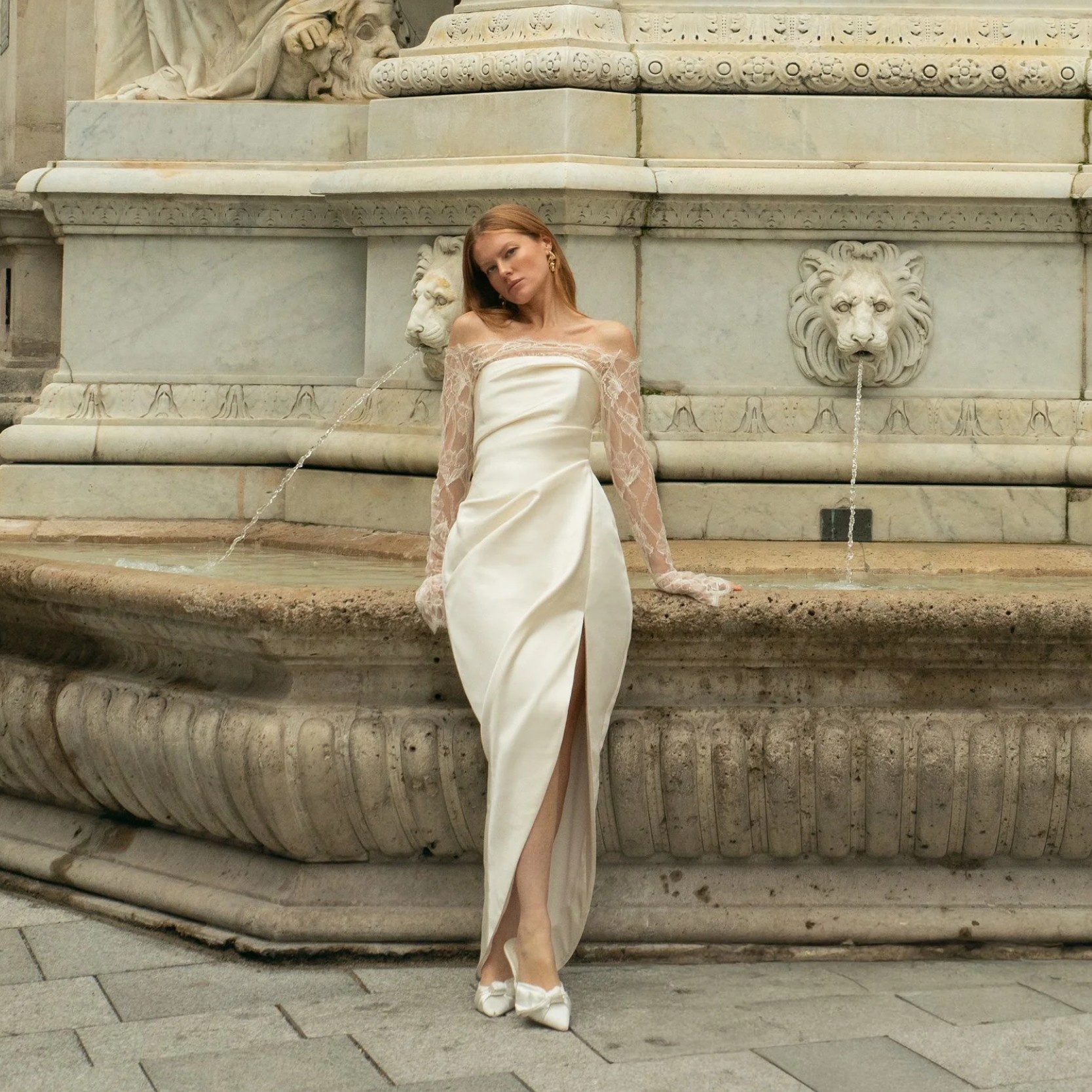Chat with Anna Baird: The brains behind Bared Footwear
Community
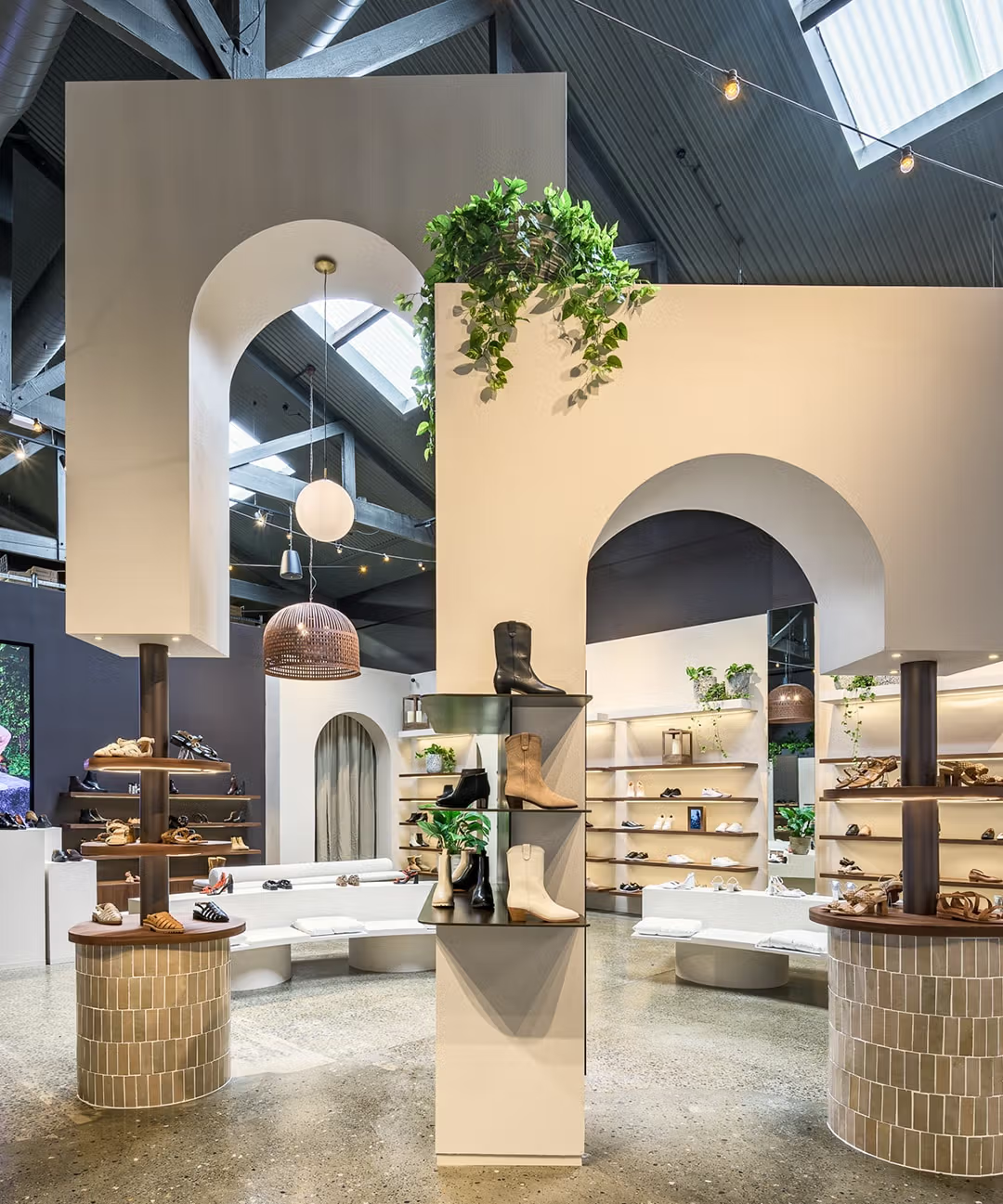
September 28, 2022
James Street (JS), Anna Baird (AB) – Fashion Designer of Bared Footwear
In October, much-loved Australian label Bared Footwear opened on Wandoo St next to Studio Gallery and our feet couldn’t be more excited!
To celebrate its arrival we spoke with owner Anna Baird not only about the brands ethos and environmental impact, but about shifting careers from podiatrist to fashion designer too. Our chit chat is stepped out below.
JS: You weren’t always in the fashion industry, what sparked your change of career?
AB: It seems like a lifetime ago but yes, I was a podiatrist. I was in my twenties and working in private practice, and I wanted to be able to recommend better shoes for my clients, but the only comfortable shoes available were clearly designed for a much older clientele, and I would not have been caught dead in them myself. There was a clear gap in the market, so one day I decided I should work out how to get some shoes made to fill it!
JS: Being a podiatrist, you obviously know that comfort is key, but how was the transition from working as a health professional to diving in the deep end of the fashion industry?
AB: I think that most people think that starting a fashion business is a very glamorous thing to do but I can assure you it is anything but. The first five years were incredibly hard.
In the early days things were really hard financially. Luckily my husband, Andrew, was an accountant at the time so we had a wage coming in, but things were really tough. We spent all of our capital on the first order of shoes, that were honestly pretty horrible and didn’t fit anyone very well! We had to sell our house and we rented it back. We loaded up on credit card debt and borrowed some money from my parents to place another order of improved shoes. I could see what I needed to do differently but sticking with it was incredibly hard. They were dark days.
JS: How have you translated your knowledge of podiatry into creating the perfect fit for every foot?
AB: I remember when I started working with shoe factories they were shocked when I wanted to sample shoes so many times, making tiny changes to improve the comfort. It made me realise just how little other brands care about the fit and comfort of their shoes. I used my podiatry knowledge to design the biomechanical footbed that comes in all of our shoes – it offers support and comfort and the contours haven’t changed in more than 13 years.
JS: What’s your biggest piece of advice for someone wanting to start their own business?
AB: Find a niche and look after your customers. You can spend hundreds of thousands on social media marketing and getting your brand out to new audiences, but nothing is more powerful than word-of-mouth referrals from loyal customers. If you have a great product that you are constantly trying to improve and perfect, and you look after your customers, you can’t go wrong.
JS: Obviously sustainability is very important to you, what are the major ways in which Bared encourages a sustainable production process?
AB: Trying to improve our processes starts in the factory: everything from improving cutting techniques to reduce waste to ensuring that our shoe lasts are made from recycled plastic and are recycled at their end of use. Our factory in China is part of a waste management pilot program and we make dog collars using some of our scrap leather.
We offset our carbon emissions through our partnership with Greenfleet who plant biodiverse forests in Australia and New Zealand, and we obviously only use FSC certified recycled packaging and paper through the business.
These initiatives are low hanging fruit that all businesses should be doing – they can be actioned quickly – but we know that our most impactful initiatives are going to be the ones that improve our product.
With footwear this is a challenge: there are so many components that make up a shoe. Ideally, our products would be made from natural materials, and at the end of life they would decompose quickly leaving no nasties – but at the same time they need to be durable enough to last for as long as we want to wear them. This concept of easy to breakdown but also longwearing is going to take some time to finesse – it’s a really fine balance.
Our most exciting project in the last 12 months has been changing our footbed material. For the past 14 years our footbed (a critical part of all our shoes) has been made out of petroleum-based polyurethane (PP). We have been searching for an alternative to PP for years and finally found a material that surpasses the properties of PP and is plant based! Our new footbed is now 72 per cent bio based and its production produces 70 per cent less carbon than our PP alternative.
JS: Do you think the Australian fashion industry is evolving with the current push for sustainability?
AB: I think we are, but not fast enough. As a brand we are trying to move as quickly as possible to better materials, but in reality everything takes a long time – nothing happens overnight. We have the best customer service people in the country and luckily, we have been able to bring our customer on our sustainability journey. We have earned the trust of our customers over a long time but it is incredibly frustrating for our customers and our team when we have a problem with a product.
JS: Becoming B Corp Certified is a huge accomplishment, how did you go about achieving this goal?
AB: Becoming a B Corp took us two years. B Corps are businesses that demonstrate high social and environmental performance, and it is a great way to keep brands accountable. The process of becoming a B Corp helps you to see areas that you can improve, and it ensures that you are getting everything certified and audited. Being B Corp certified doesn’t mean that a brand is perfect, but it does mean that they are investing in and committed to continual improvement.
JS: #baredcares loves to give back to the community, what inspired you to choose the charities that you’re partnered with?
AB: We first started to support The Hunger Project (THP) because a friend of mine was heavily involved, and I thought that is sounded like a good thing to do, but it wasn’t until I travelled to Malawi with my husband in 2019 that I became hugely passionate about this organisation. THP empowers people to end their own hunger; it gives people a hand up not a handout. I have seen first-hand how they make generational change to some of the poorest communities in the world. The other charity we work with is Children’s Ground who do amazing work in our indigenous communities.
JS: Where do you and your team seek inspiration for each new collection of footwear?
AB: We are really lucky in that we are not like most other fashion brands that have to create an entirely new range every season. Many of our core styles stay in our range for years and our customers get very upset when we finally move them on! Our inspiration comes from everywhere really, and we encourage our diverse team to bring forward ideas of styles that they love.
JS: Opening your first QLD store is very exciting. Why did you select James St for your first store in the ‘sunshine state’ and what can we expect from Bared in the future?
AB: I have been up to Brisbane a few times in the past few couple of years and I have fallen in love with Fortitude Valley. It has such a great vibe with amazing restaurants and shopping. Our stores aren’t traditional, so when I found the space that we are in – a converted warehouse with 6-metre-high ceilings – I fell in love. I am very happy to have an excuse to be in sunny Brisbane more often.
JS: Bared has a cult following. For those who aren’t familiar with the brand, what are three things they need to know?
AB: Bared genuinely cares about three things:
- We care about making shoes that look great, are ridiculously comfy and we employ the best people to look after our customers.
- We care about making a product that treads lighter on our planet.
- We care about people. The people that make our shoes and components, our team and we understand that we have an obligation to give back to those less fortunate.
